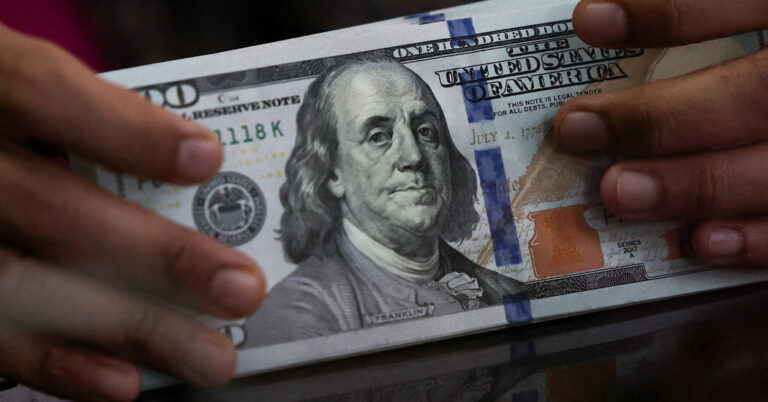Here is the result in plain text:
President Trump made a lot of promises on the campaign trail last year. Investors and business leaders enthusiastically cheered some, like lower taxes and relaxed regulation, and expressed wariness about others, like tariffs and reduced immigration.
But when Mr. Trump won the election, there was little sign of that ambivalence: Stock prices soared, as did measures of business optimism.
It is increasingly clear they were wrong.
In his first weeks in office, Mr. Trump has made tariffs the central focus of his economic policy, promising, and at times imposing, steep penalties on allies as well as adversaries. He has threatened to curb subsidies that businesses had come to rely on. And he has empowered Elon Musk’s efforts to slash the federal bureaucracy, potentially putting tens of thousands of federal workers out of jobs and cutting off billions of dollars in government grants and contracts.
Most surprising, at least to the optimists on Wall Street: Mr. Trump has so far been undeterred by signs of cracks in the economy or by plunging stock prices.
The idea that the administration is going to be held back by a self-imposed market constraint should be discounted. Sure enough, on Tuesday, as financial markets seemed to be settling down after days of steep losses, Mr. Trump hit them with another shock, escalating his trade war with Canada. Major stock indexes immediately fell sharply on the news, with the S&P 500 ending the day down almost 1 percent. Mr. Trump ultimately reversed his decision after Canada said it would remove an electricity surcharge that had prompted the president’s threats.
Far from being deterred by warnings that his policies are creating economic damage, Mr. Trump in recent days has embraced it, telling a Fox News interviewer on Sunday that the economic turmoil reflected a necessary “period of transition” and refusing to rule out a recession.
… (and continues)
Source link




